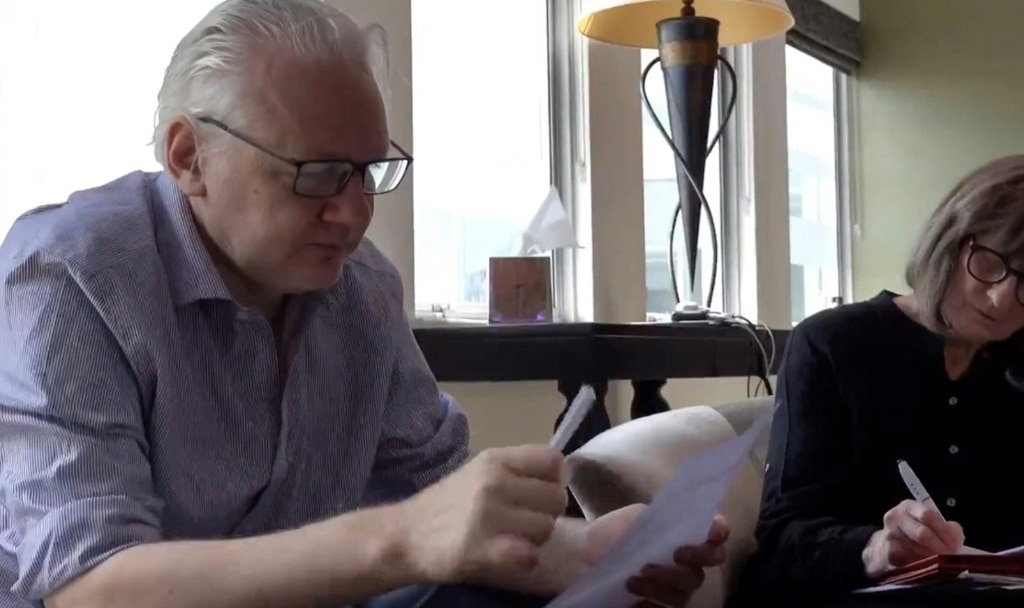What does Julian Assange guilty plea mean for the future of journalism and whistleblowers?
After 15 years of house arrest, prison time and asylum in the Ecuadorean Embassy, Julian Assange is close to freedom. Former NSW Magistrate David Heilpern explains.
NSW
Don't miss out on the headlines from NSW. Followed categories will be added to My News.
WikiLeaks founder Julian Assange has pleaded guilty on Wednesday in Saipan to a charge of espionage under the US Espionage Act.
We ask Southern Cross University Dean of Law and former NSW magistrate David Heilpern why.
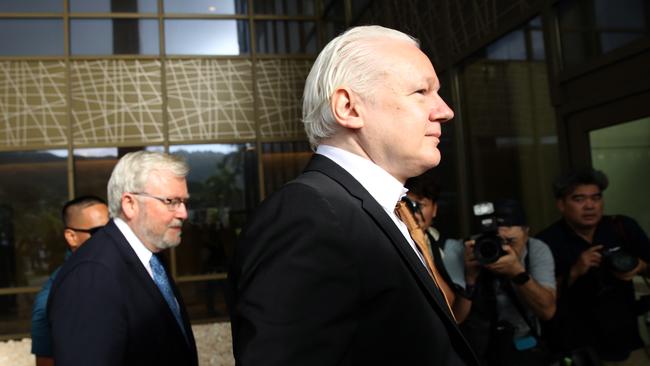
Julian Assange has pleaded guilty to one count of espionage in Saipan. Can you explain the lead up to today’s events?
“This has been, of course, a very long 14 year journey from the time of the release of the WikiLeaks material to today.
“Most of that time, Julian Assange has been in detention in one way or another, the last five years in prison in Belmarsh in London.
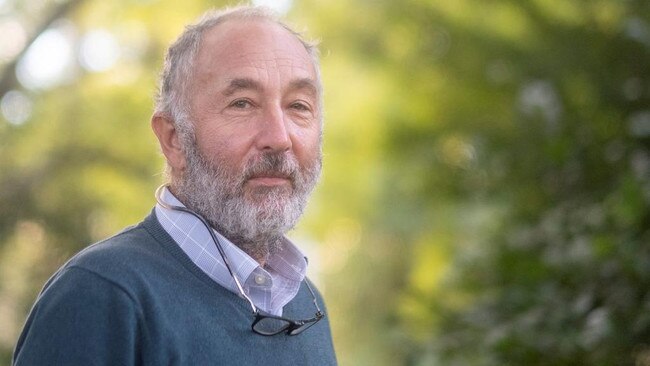
“So where we got to is that Julian Assange was the editor of WikiLeaks.
“He obtained a raft of information, millions and millions of documents relating to United States foreign policy and actions during the Gulf War, and he released that material. “He released some of it to journalists or other journalists in newspapers and other forms of media.
“And then when it appeared that there was going to be some sort of stop on the release, he released it en masse to the internet through WikiLeaks.
“That then led the Americans to charge Chelsea Manning, who was his source in the American military, and eventually seek the arrest of Julian Assange.”
David, why is he in Saipan?
“It’s in the western Pacific, and he’s there because it is an American territory.
“It’s in fact, part of the United States, and citizens of those islands are citizens of America, and thus there is a territorial court.
“But also, most importantly, a federal court that sits there.
“So rather than Julian Assange go to the United States where he didn’t trust that he would be dealt with in the way he’s going to be dealt with today, he’s at a territory and it’s also far closer to Australia.”
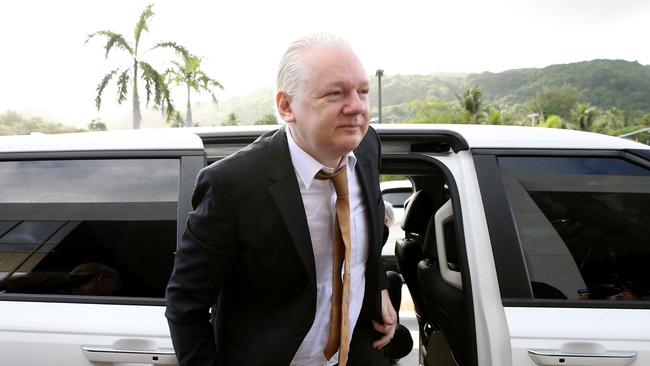
Julian Assange has just pleaded guilty. Do you think for Mr Assange and his family this is really about resolving a long legal battle?
I am sure that in his heart of hearts, he doesn’t think he’s guilty of anything that relates to criminal activity.
“But he has spent the last five years in a maximum-security prison, locked in 23 hours every day.
“Obviously that’s had significant impact on his physical and mental health.
“And he wants resolution, and he wants to come home.
“So this is a plea, I suppose, in legal terms, you’d call it a plea of convenience.”
Is this justice for Julian Assange?
“Justice is often a question of the least worst option.
“And it seems to me that this is the least worst option for Julian Assange, for the United States, which gets a conviction and to jail time, for Australia, who has been lobbying hard to get a citizen back and for the matter to be resolved.”
What are the broader implications for journalists and whistleblowers?
“Well, it’s pretty chilling, really, because this is what journalists do.
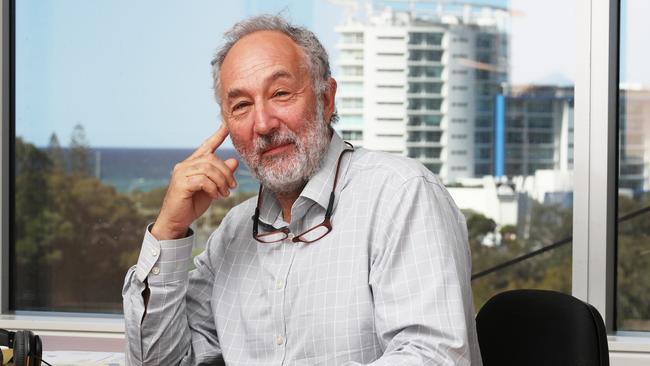
“They receive information and they publish it, and Julian has a Walkley Award from Australia, which is for his services to journalism.”
So I think journalists have been leading the charge for his release, because they see that it has a chilling effect.
“If another Chelsea Manning pops up wanting to give another WikiLeaks a bundle of documents that show heinous war crimes and terrible hypocrisy what then?
“Will the journalists take it, or will they think “No, I don’t want to go through the same sort of thing as Julian Assange went through”.
“So I think it does have a really chilling and negative effect on the freedom of journalists to publish.
“I noticed, though, that the newspapers he released his material to The Guardian, The Observer, The New York Times and all the other newspapers have not been prosecuted.”
More Coverage
Originally published as What does Julian Assange guilty plea mean for the future of journalism and whistleblowers?


